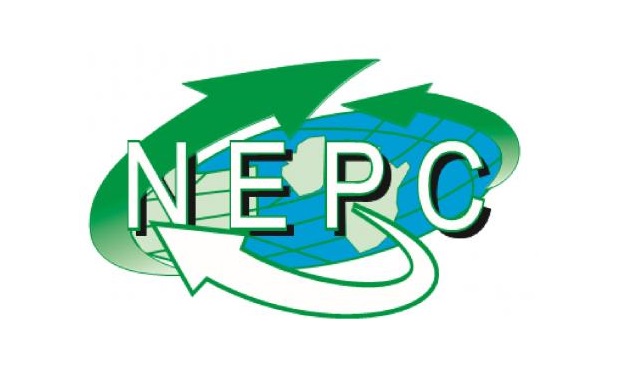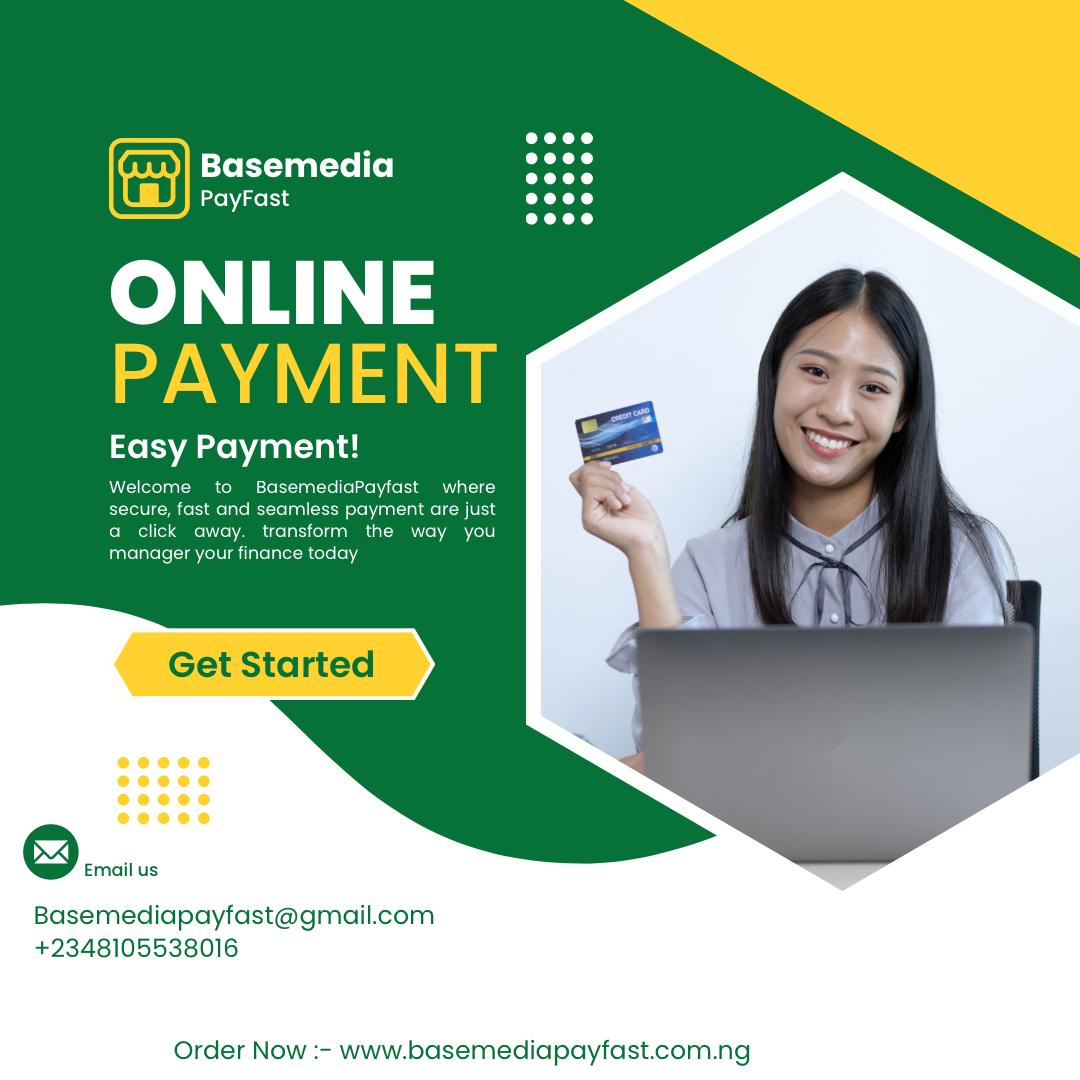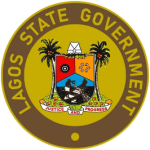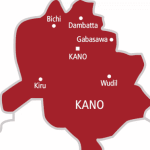On Tuesday, more than 60 women received training from the Nigerian Export Promotion Council (NEPC) and the Kano State Ministry of Women, Children, and People with Special Needs on modern product packaging and export competencies for the efficient and consistent exportation of Nigerian-made goods. As accelerators for successful exportation, the one-day enlightening training concentrated on women’s inclusion, developing export competencies, and current export product packaging.Hajiya Amina Abdulmalik, NEPC’s North West Regional Coordinator, claims that the program aims to enable women to make significant export-related contributions to Nigeria’s economic growth. According to her, the council wants to give cooperative women’s organizations the credentials and abilities they need to satisfy global export requirements. In our economy, women are essential. The goal of this training is to assist them achieve international standards, enhance packaging, and perfect their products,” Abdulmalik stated. Although many women already make high-quality products, she pointed out that subpar packaging and finishing frequently make them less marketable. “The product is sold by its packaging. Even if the product is great, customers will still leave if the finishing is ugly, she continuedShe clarified that the NEPC frequently runs capacity-building initiatives and provides assistance to women whose goods exhibit export potential. Abdulmalik added that the Council would fully pay the selected participants’ acquisition of globally recognized certifications, including FDA approval and Hazard Analysis and Critical Control Point (HACCP) certifications. Abdulmalik also emphasized NEPC’s dedication to women’s inclusion, pointing out that the organization has departments specifically focused on women’s empowerment spread throughout all of its state offices around the country.The ministry constantly educates women in the state about their export potential to break into the global market, according to Amina Abdullahi, Kano state Commissioner for Women, Children, and People with Special Needs. The training is relevant and consistent with the state government’s commitment to women’s economic development, according to the Commissioner, who was represented by Umma Muhammad, Deputy Director, Women Affairs department of the ministry. The Ministry’s database of cooperative women organizations was used to pick the 60 training participants, who came from different local government districts throughout the state.

Posted inBusiness




